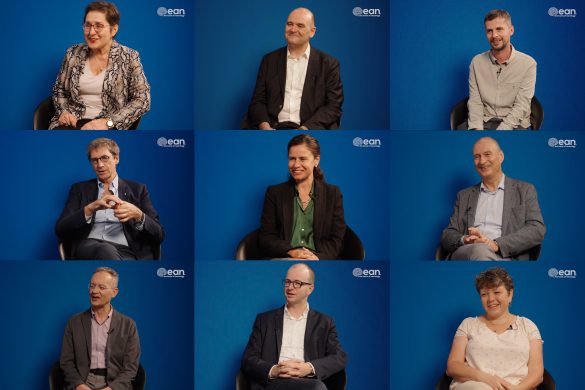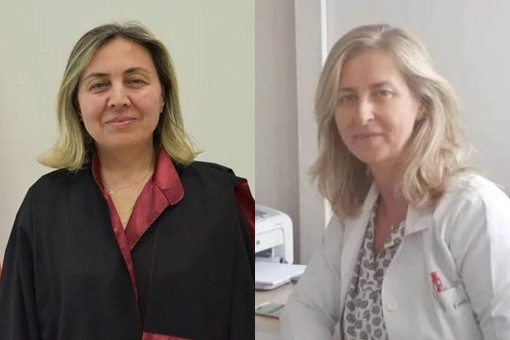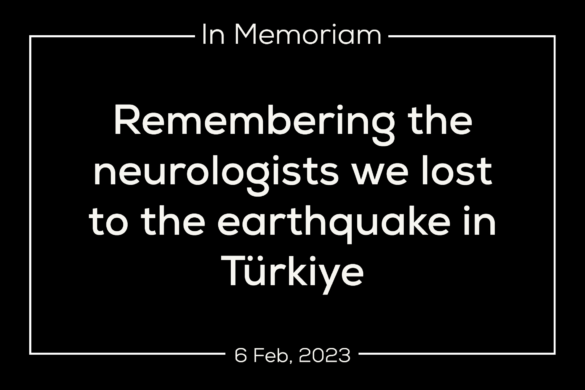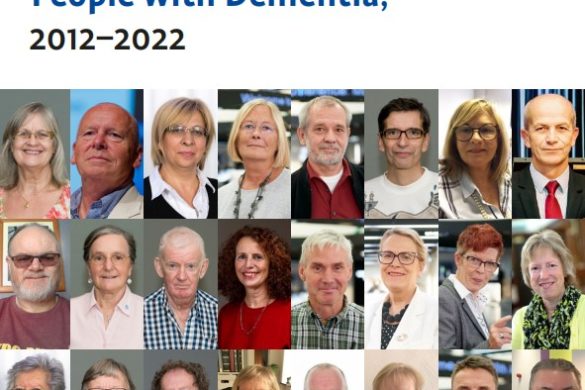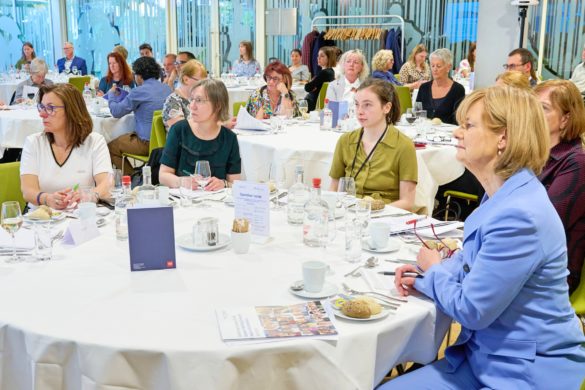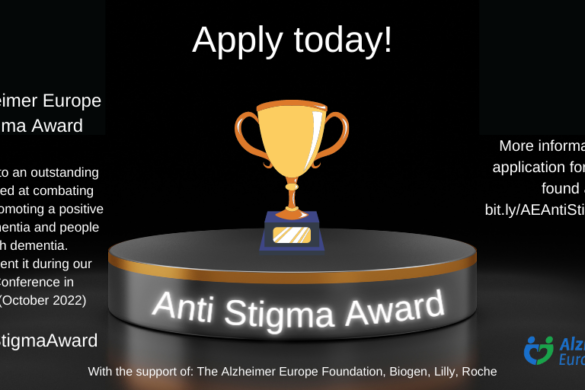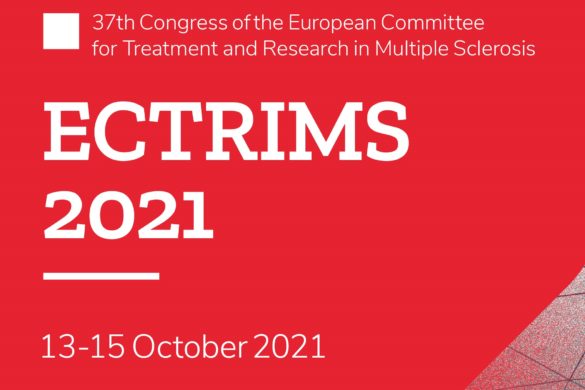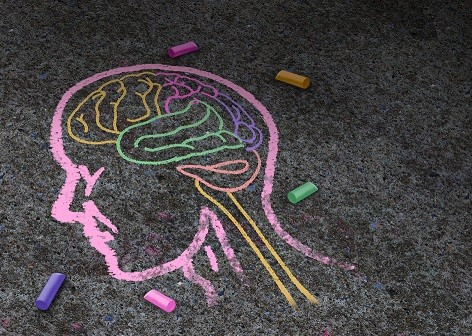by Kate Boor Ellis, Alzheimer Europe
Alzheimer Europe has published a new edition of its Dementia in Europe policy magazine, in an electronic format. It highlights our efforts and those of our member associations to make dementia a European priority and provides updates on the latest national and European-level policy developments in the dementia field.
The first section of the magazine includes coverage of some of the work Alzheimer Europe has been involved in and has helped coordinate, beginning with the events we have hosted. This includeds a European Parliament Workshop which discussed the changing understanding of Alzheimer’s disease, as well as a recent session of the Alzheimer’s Association Academy, during which our members shared their excellent examples of engagement with policy and decision makers to prioritise dementia in their countries. The subsequent article introduces Alzheimer Europe’s new strategic plan for 2021-2025, setting out the future direction of the organisation.
We then hear from members of the European Working Group of People with Dementia (EWGPWD), with examples of their experiences attending and speaking at events, at a time when we have only been able to meet virtually. Many of the events they are invited to are around the subject of Patient Involvement, so they also share some thoughts about this aspect of their work.
The section closes with updates on two projects in which Alzheimer Europe is involved. The bPRIDE (blood PRotein ldentification to Discriminate dEmentias) project aims to generate and validate blood tests for early and specific diagnosis of the major dementia types, whilst the RECOGNISED (Retinal and cognitive dysfunction in type 2 diabetes: unravelling the common pathways and identification of patients at risk of dementia) project is applying innovative approaches to identify the molecular mechanisms involved in the high prevalence of cognitive impairment and dementia in the population with type-2 diabetes.
In the Policy Watch section, Dr Hans Kluge, Regional Director of the WHO Europe region, has shared with us his views about the place of dementia within their workstreams in the years ahead. Following on from this, we hear from our WHO colleagues in Geneva, who share recent developments on the Global Action Plan on Dementia.
The Brain Health Scotland initiative then shares its progress one year on from its launch, having now developed and published a Brain Health and Dementia Research Strategy, involving different stakeholders to boost the position of dementia in research in Scotland. From the Netherlands, the PRECODE project team share their prevalence work that suggests there may be as many as half a million people with young onset dementia living in Europe, and underline what their findings mean for policymakers. The policy section concludes with a recap of the most recent meeting of the European Group of Governmental Experts on Dementia, who met in the summer to share the latest developments and information from their countries.
In our final section, Dementia in Society, we open by welcoming Claudine Snape, the CEO of the recently rebranded Dementia Jersey, to hear about her background and her plans for the organisation. Angela Pototschnigg, a member of the European Working Group of People with Dementia, then tells us about the newly-formed national working group of people with dementia in Austria. We are delighted to see a new group and another country recognising the importance of involving people living with dementia in the decision making process!
We then take a ‘behind the headlines’ look at the decision of the U.S. Food and Drug Administration (FDA) to grant accelerated approval for the drug aduncanumab, the first treatment approved for Alzheimer’s disease since 2003. Staying in America, we have an interview with Dr Jason Karlawish, co-director of the Penn Memory Center at the University of Pennsylvania, about his new book, The Problem of Alzheimer’s: How Science, Culture, and Politics Turned a Rare Disease Into a Crisis and What We Can Do About It.
Returning to Europe, our colleagues at Federazione Alzheimer Italia have been busy launching a new dementia-friendly initiatives website, and a new awareness raising campaign with a specially composed song to accompany it.
In our final article, we are delighted to introduce Dementia Lithuania, a new dementia organisation which was established earlier this year. We are excited to be working with them and supporting them to help prioritise dementia in their country.
A big thank you to all the contributing authors, interviewees and to our sponsors, who make our magazine possible.
You can download the PDF, here: https://bit.ly/DementiaInEurope37




